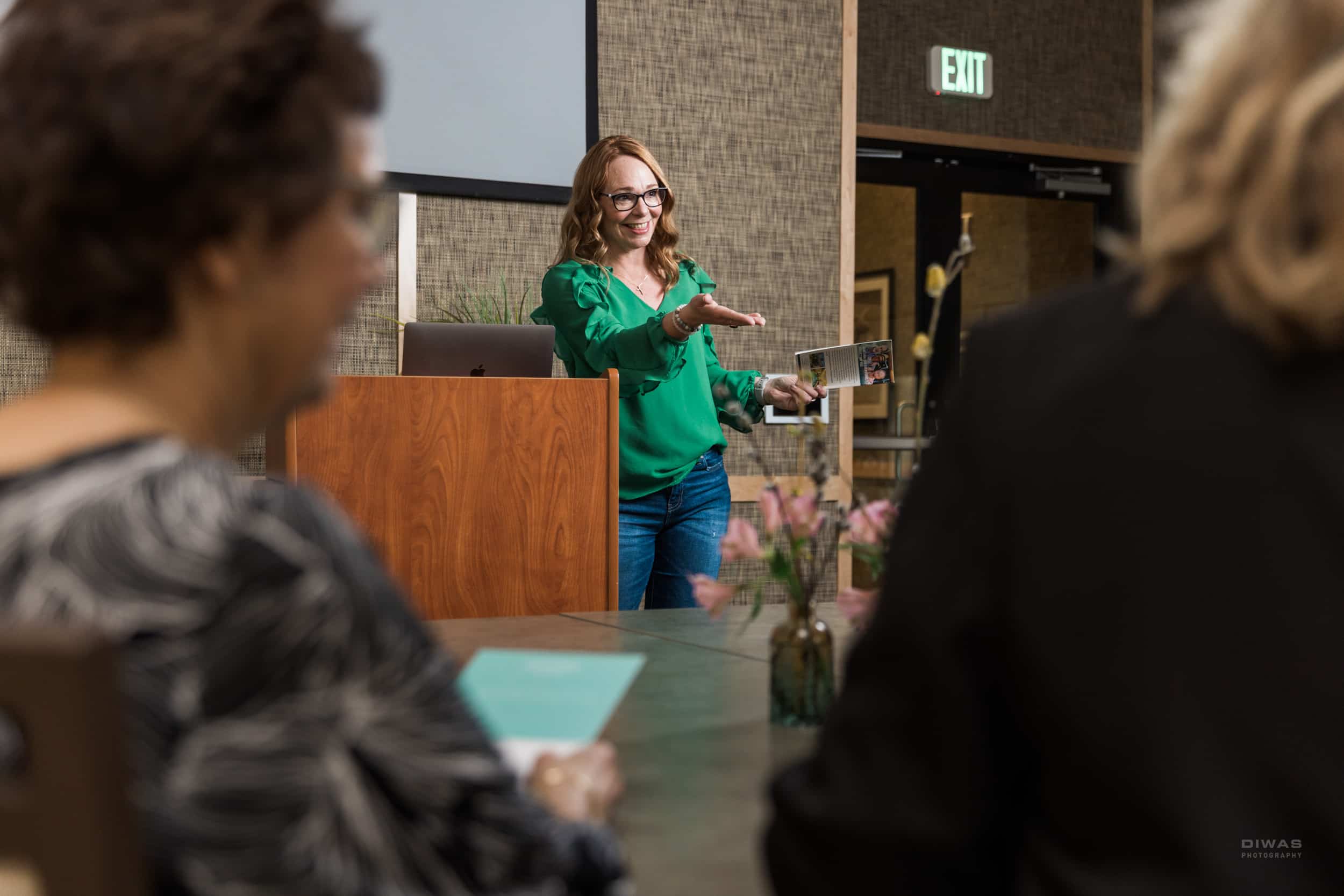
Every October, we recognize Ageism Awareness Day, a reminder that age bias touches every one of us whether we are young, old, or somewhere in between. Ageism, at its core, is discrimination based on age. It can show up in the workplace, in healthcare, in the media, and even in our everyday conversations.
“Ageism is the only ‘ism’ we are all guaranteed to experience if we’re lucky enough to live long enough.”
What is Ageism?
Ageism can take many forms:
- Workplace bias: Being overlooked for promotions or assumed to be “too young” or “too old” for certain roles.
- Healthcare inequities: Symptoms brushed aside as “just aging,” leading to under-diagnosis or misdiagnosis.
- Everyday language: Phrases like “You look good for your age” or jokes about “senior moments” may seem harmless but reinforce stereotypes.
These attitudes shape how we view others and ourselves. Research shows that people with more positive self-perceptions of aging live 7.5 years longer than those with negative ones.
Why It Matters
Ageism isn’t just a personal issue; it’s a public one. It affects:
- Health outcomes Older adults who internalize negative stereotypes may avoid care or withdraw socially.
- Economic opportunity Workers may be pushed out too early, while younger professionals may be dismissed as inexperienced.
- Community connections Bias divides generations instead of building bridges.
By shifting how we think, speak, and act about age, we can create more inclusive, thriving communities.
What You Can Do
- Check your words. Replace ageist language with affirmations of ability, contribution, and potential.
- Foster intergenerational spaces. Encourage collaboration across age groups in workplaces and communities.
- Educate yourself & others. Share facts and stories that challenge stereotypes.
- Speak up. If you hear ageist remarks, gently redirect the conversation.
Join the Movement
On October 9th — Ageism Awareness Day, join people across the country in raising awareness. Share a story, post a fact, or simply start a conversation.
Together, we can build a future where age is celebrated, not stigmatized.
Whether you’re 25 or 85, you deserve to be seen, respected, and valued. Let’s start today by changing how we think and talk about aging.
-
Previous Post
Keeping Seniors Safe: Protecting Against Scams




